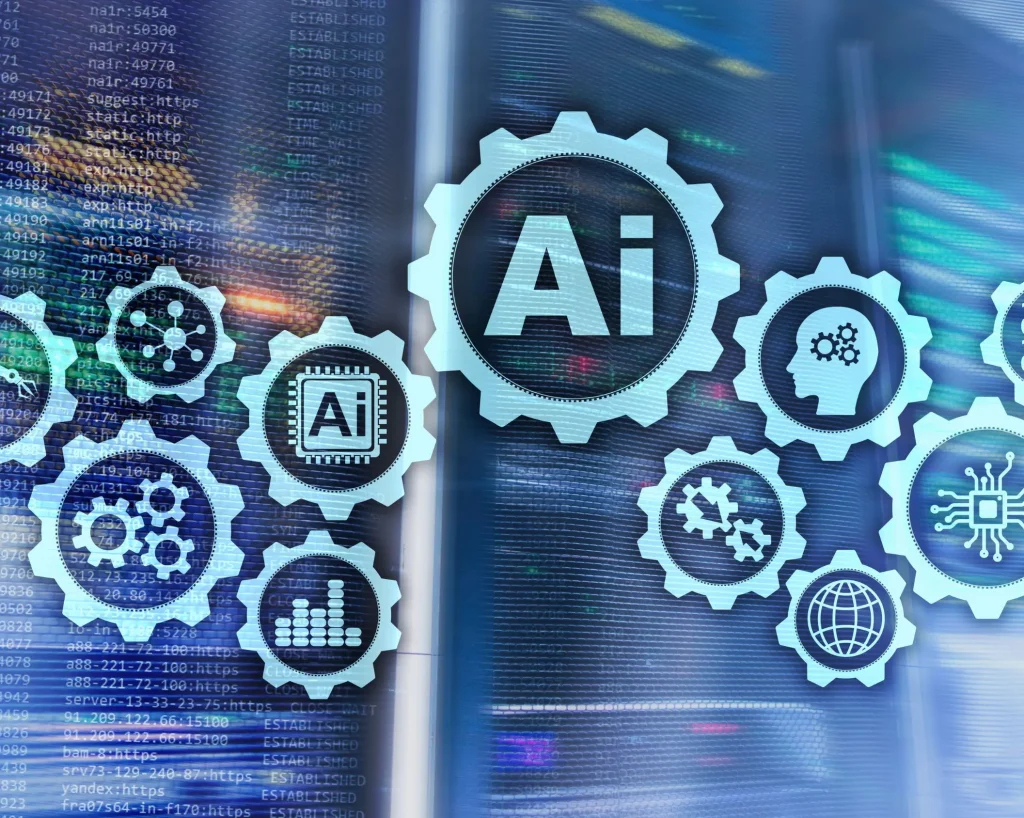The Future of Marketing Analytics: AI-Driven Insights and Automation

As technology continues to evolve, so does the landscape of marketing analytics. Businesses today are inundated with data, and the challenge lies in how to effectively interpret and leverage this information. With the advent of artificial intelligence (AI), the future of marketing analytics promises to be more efficient and insightful than ever before. Tools like Webalyze are leading the charge, using AI to track performance and provide real-time optimization, ultimately transforming how businesses approach their marketing strategies.
The Rise of AI in Marketing Analytics
AI is reshaping marketing analytics by enabling businesses to analyze large datasets quickly and accurately. Traditional methods often rely on manual processes, which can be time-consuming and prone to errors. In contrast, AI-powered tools automate data analysis, delivering insights that help marketers make informed decisions. This shift not only saves time but also enhances the precision of analytics.
Webalyze exemplifies this trend by integrating various data sources, such as Google Analytics and social media platforms, into one comprehensive dashboard. By doing so, it provides marketers with a unified view of their performance metrics. This integration allows businesses to gain deeper insights into their campaigns and identify opportunities for improvement without the hassle of juggling multiple tools.
Real-Time Performance Tracking
One of the most significant advantages of AI in marketing analytics is real-time performance tracking. Businesses need to monitor their campaigns continuously to stay competitive. Webalyze offers real-time analytics, enabling marketers to see how their campaigns are performing as they happen. This immediate feedback loop allows businesses to make quick adjustments to their strategies.
For instance, if a particular ad is not generating the expected results, Webalyze can provide actionable insights on how to tweak the campaign. This proactive approach ensures that marketing efforts are always aligned with current performance data, maximizing the potential for success.
Automated Optimization Strategies
In addition to real-time tracking, AI also facilitates automated optimization strategies. With advanced algorithms, AI tools can analyze data and recommend changes that enhance campaign performance. For example, Webalyze identifies underperforming content and suggests improvements, such as changing headlines, adjusting targeting parameters, or reallocating budget.
Moreover, AI can automate repetitive tasks, allowing marketers to focus on more strategic initiatives. This not only improves efficiency but also ensures that campaigns are optimized based on the most recent data. By leveraging AI for automation, businesses can operate more effectively in a dynamic market environment.
Predictive Analytics for Strategic Planning
Looking ahead, predictive analytics will play a crucial role in shaping the future of marketing analytics. AI tools like Webalyze can analyze historical data to forecast future trends, enabling marketers to make data-driven decisions for their strategies. By understanding what worked in the past, businesses can better prepare for future opportunities and challenges.
For instance, predictive analytics can help identify potential market shifts or changes in consumer behavior. This foresight allows marketers to adjust their campaigns accordingly, ensuring they remain relevant and effective. As businesses embrace these advanced analytics capabilities, they will be better equipped to navigate an increasingly competitive landscape.
Enhanced Customer Insights
Finally, AI-driven marketing analytics provide enhanced customer insights. By analyzing data from various touchpoints, businesses can gain a comprehensive understanding of their customers’ preferences and behaviors. Webalyze helps marketers segment their audience more effectively, enabling personalized marketing strategies that resonate with specific customer groups.
These insights are invaluable for creating targeted campaigns that drive engagement and conversion. When businesses understand their customers better, they can craft messages and offers that are more likely to convert, leading to increased customer loyalty and satisfaction.
Embracing the Future of Marketing Analytics
The future of marketing analytics is undeniably intertwined with AI-driven insights and automation. As tools like Webalyze continue to evolve, they will empower marketers to make data-driven decisions, optimize campaigns in real-time, and enhance customer experiences. By embracing these advancements, businesses can not only stay competitive but also thrive in an increasingly complex digital landscape. The integration of AI into marketing analytics represents a paradigm shift that will define the strategies of tomorrow, making it essential for marketers to adopt these technologies now.